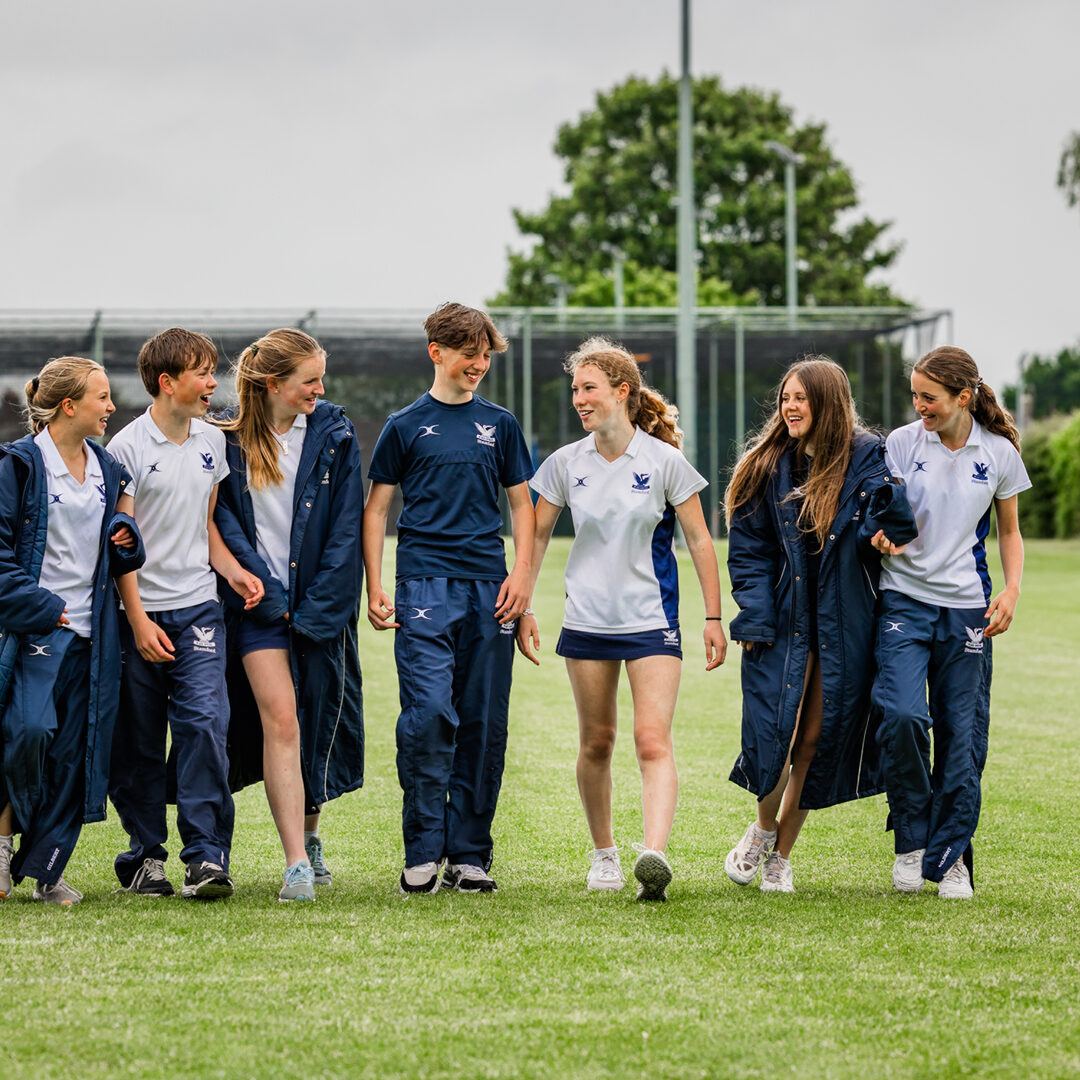
Applications now open for September 2026
Applications are now open for September 2026 entry for:
• Junior School
• Year 7
• Year 12 Sixth Form

Applications are now open for September 2026 entry for:
• Junior School
• Year 7
• Year 12 Sixth Form
Press Enter to search or ESC to close
This means students can choose the subjects they love, as well as ensuring they are equipped with the knowledge and qualifications needed to enter further education or the workplace in the future.
Around 90% of our Sixth Form apply to UCAS and 90% of these students go on to their first choice university, including Oxford, Cambridge, and Russell Group universities. Whether students are interested in a career, degree apprenticeships, further education, travel, gap years or volunteering, our priority is to work with students to help them understand the right options available.
As students move into the Sixth Form, they tailor their studies to suit their passions and future ambitions, choosing from a wide range of A Level courses that prepare them for university, apprenticeships, and life beyond Stamford.
Alongside A-levels, we offer a range of vocational courses in the Sixth Form. Students can choose from BTEC Level 3 Certificates in Business, Sport, and Agriculture, as well as the Leiths Certificate in Professional Cookery. These options provide practical, career-focused pathways that carry the same UCAS points as A Levels and open routes to university, apprenticeships, and employment.
Learn about our dynamic, resource-rich spaces that inspire curiosity, independent learning and a lifelong love of reading.
For those who require further support, our Learning Development Team are:
Director of Learning Development & SENCo | Elizabeth Canny |
Deputy SENCo (Sixth Form) | Rebecca Stewart |
LDT Administrative Assistant | Sue Morris |
SLT Link for LDT | Moira Cox |